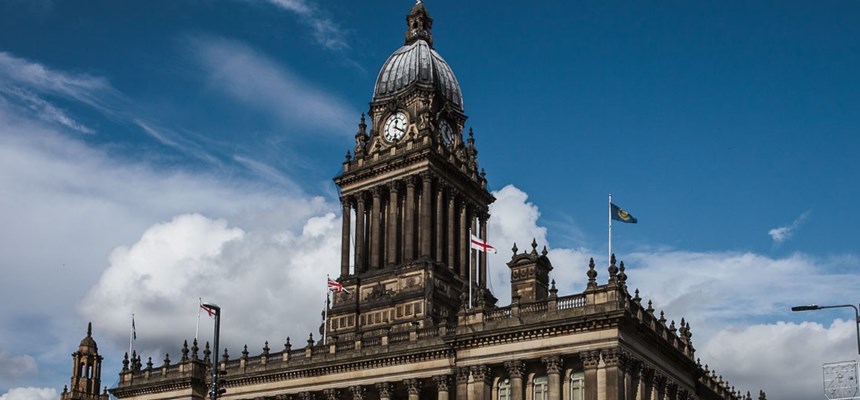Soon, governments will be looking towards recovery with plans for an economic stimulus worth trillions of dollars. The stimulus will have adverse consequences for CO2 emissions unless explicit efforts are made to target climate change.
The Intergovernmental Panel on Climate Change (IPCC) states that from 2020 we can only emit 344 billion tonnes of CO2 in order to create a 66% chance of limiting a global increase in temperature by 1.5 degrees.
The United Nations Environment Programme (UNEP) Executive Director, Inger Andersen, demonstrated that a truly green recovery from the pandemic can radically reduce greenhouse gas emissions and slow climate change, stating:
‘I urge governments to back a green recovery in the next stage of COVID-19 fiscal interventions and raise significantly their climate ambitions in 2021.’
The Net-Zero roadmap produced and presented by the Leeds Climate Commission on January 7th reports that if Leeds reaches its 2030 target of net-zero emissions the city would accelerate its post-Covid recovery by reaping numerous social and economic benefits.
The commission’s chair, Andy Gouldson, and vice-chair Lisa Mulherin write in in the report’s preface:
‘The opportunities to stimulate the development of the city through climate action clearly highlight the need for a green recovery plan with investment in the decarbonisation of our homes, our businesses and our transport systems at its heart.’
To stay within its carbon budget Leeds needs to reduce its carbon emissions by 85% by 2030 and 100% by 2050. The 2000 emissions levels are used as a baseline.
The report states that by reducing its carbon footprint the city would concurrently develop itself through cleaner air, improved public health, reduced poverty and inequality, increased employment and enhanced prosperity. If Leeds fails to do it increases the likelihood of the UK exceeding its carbon budget and causing long-term impacts in the climate system.
Home insulation and alternative transport methods are outlined as the two of the most cost-effective ways in which Leeds can decarbonise. Home insulation in the form of floor insulation, solar thermals and glazing upgrades are just some examples of the types of activities required to reach these targets. A shift from car journeys to cycling or walking and the use of more fuel-efficient vehicles would also serve to radically improve Leeds carbon footprint. If all of the cost-effective options were implemented this would require £600m investment per year up until 2030 but would cut Leeds’ 2030 energy bill by £651m a year. Overall, implementing these options would close the gap toward carbon neutrality by 41%. In addition, action would create 1500 jobs in the green industry for the next decade.
The most carbon-effective options that do not account for cost include insulating domestic buildings, upgraded heating controls in buildings, and switching from petrol car to EV methods of transportation. It would cost £900m to implement the less cost-effective options but the gap would be closed by 60% and over 2,200 jobs would be created for the next decade. This means that although significant reductions in emissions can be achieved by focusing on the recommended measures, Leeds still has to innovative and identify other options that could deliver the 25% of shortfall for projected emissions in 2030.
Academic research undertaken in line with the UN’s sustainable development goals (SDG) is of central importance to driving green innovation in a knowledge economy. According to the Rotterdam School of Management, in relation to the school’s ratio of SDG-related publications to total publications, the Leeds University Business School (LUBS) ranks second in Europe for fostering responsible business education. The report concluded that LUBS’ places a focus on a broad range of the UN’s SDG goals beyond that of just environmental issues including health, inequality and poverty. Programmes such as ‘Sustainability and Business MSc’, ‘Sustainability and Consultancy MSc’ and ‘Ecological Economics’ equip students with the knowledge of various initiatives such as green project development to corporate sustainability strategy.
Ultimately, the alignment of Leeds’ responses to Covid with action on climate change presents an opportunity to work towards poverty eradication, create sustainable economic development, and better protect the planet’s remaining natural resources.
Image Credit: Leeds Town Hall

